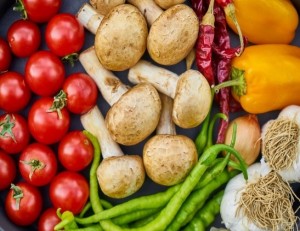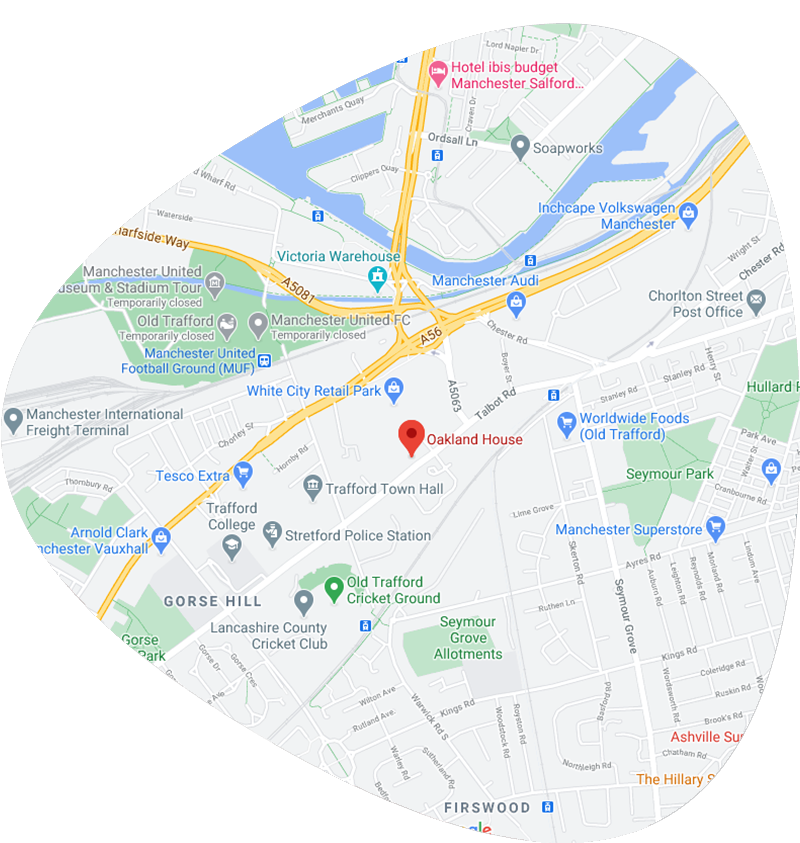Posted on October 27, 2020
It can feel like shopping for healthy foods is a bit of a challenge, especially when you have a strict budget to stick to. Cost might be the deciding factor between choosing one item or another. This could make you feel like you have little choice over what you eat, but healthier choices do not have to cost more. This blog will share with you some top tips for staying in control of your diet for less.

Tip 1 – Always make a shopping list
Plan the meals you will make each day of the week and think about the ingredients needed. Check your kitchen cupboards and fridge to see which ingredients are already in stock, then make a shopping list of anything that is running low or missing. If you have a smartphone, a free shopping list app might be useful, otherwise a pen and paper will be fine. Take this with you to the shop and try to stick to it as much as possible. Supermarkets often place processed food deals that are high in sugar, fat, and salt in strategic places to persuade shoppers to buy them. Buying the odd treat is fine, but try not to fall into this trap too often. This will keep extra money in the budget for all the essential foods that are more nutritious.

Tip 2 – Consider buying frozen or tinned foods
Good quality fresh food can be expensive and difficult to find depending on the shops in your area. Frozen and tinned foods sometimes have a negative stigma attached to them based on their perceived quality compared with fresh foods. However, there are plenty of frozen and tinned products which can be just as good, if not better. They will last longer and probably save you some money too! Fruits and vegetables are frozen within a short time of being harvested which locks in more nutrients when they are in top condition. Tinned goods often contain the same amounts of fats, proteins, carbohydrates, and fat-soluble vitamins as non-tinned goods. However, levels of Vitamin C & D may be reduced due to the heating process. Also, check the labels of tinned foods and be aware of high salt and sugar content. Try and pick the ones lowest in these. To make the most of your frozen goods and avoid food waste, making a note of what you have in the freezer and sticking it up on the fridge might act as a helpful reminder.

Tip 3 – Do not shop when you are hungry
Shopping when you are feeling hungry can lead to impulse buying and arriving back home with more than you need. Try having one of your 3 meals of the day before heading to the shop. If you are short of time you could snack on a piece of fruit or high protein foods like yoghurt or boiled egg to help you feel full.

Tip 4 – Buy fruit and vegetables first
According to the UK Eatwell Guide, we should be consuming at least 5 portions of fruit & vegetables each day. Buy these first as you should aim to base your meals around them so you get plenty of vitamins, minerals and antioxidants. Check the best before date on each item and pick the one with the furthest date so it is fresher and likely to be higher in nutrients. Fruit & vegetables that are in season are also usually higher in nutrients and tend to be grown more locally which is good for reducing your carbon footprint. Compare the price between pre-packed and loose fruit & vegetables as these can fluctuate. On the whole, fruits & vegetables are typically cheaper than meat & fish. If buying meat, trying cheaper cuts can be just as tasty with added benefits to your budget. Tins or cartons of beans, lentils and pulses are great choices of protein. They are versatile foods for cooking recipes and can be stored for long periods of time in your cupboard. If following a vegan diet, having a variety of these will provide all the essential amino acids from the protein that your body needs for growth and repair. When choosing rice, bread or cereals, try opting for the wholefood variety which will increase your dietary fibre intake. This can help you feel fuller for longer, improve your digestion, and may help to reduce LDL cholesterol. High levels of LDL cholesterol in the blood is considered a risk factor for developing Cardiovascular Disease.

Tip 5 – Shopping online may cost less
Shopping online can be more convenient in many ways. All the Buy One Get One Free offers on processed foods that might tempt you in the supermarket will be avoided. You can also change the criteria, such as price, to find the cheapest option more easily. Try opting for own brand labels as these usually cost less and are comparable in nutritional value. The taste and quality of ‘budget’ items and ‘premium’ items are usually very similar, but you can be the judge of that. Give it a try! Shopping online may also save you time if you have a busy schedule.

These are just some of the things you can do to shop for healthier foods on a budget. Below is a link to a useful website with some extra tips:
https://www.moneysavingexpert.com/shopping/cheap-supermarket-shopping/
Blog produced By Mark Beattie (BSc Nutritional Sciences at Manchester Metropolitan University)on behalf of VBMET



